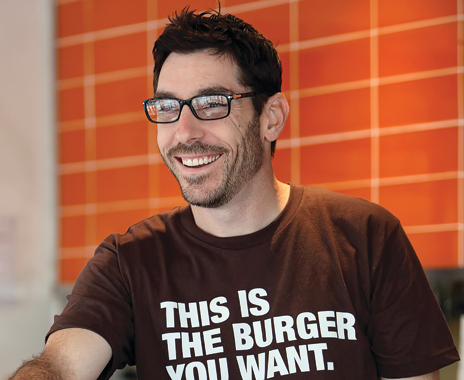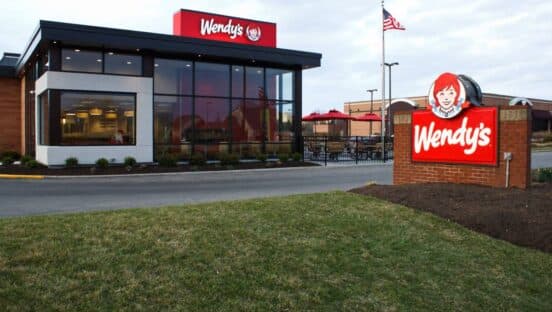Equity relationships are intended to be mutually beneficial, with the brands and their private equity (PE) partners both contributing—and both reaping the rewards. But brands may not know what to expect from the partnership as it matures. Each relationship is different, but experts say productive engagement and a smart use of resources contribute to a solid foundation.
Once an equity agreement is in place, the relationship enters a new phase. In the beginning, says Bob Barry, president and CEO of Hanover, Maryland–based The Greene Turtle, it’s about getting a clear understanding on strategy.
“It’s trying to make sure that whatever … equity that they’re going to be putting into the business is going to be returned in the manner in which they’ve decided that they need,” he says. That means looking at the agreed-upon timelines, getting forecasts in order, and planning the path ahead.
As time goes on, the needs of the operator and the equity team may evolve. How they remain engaged in the relationship largely depends on how things progress and what sort of expectations were laid out initially.
“In our case, our operations team and founder are very much still involved in our process,” says Robert Lane, vice president of marketing at Burger Lounge in Marina Del Rey, California. Even after entering a relationship with equity firm KarpReilly, day-to-day and strategic operations were still largely handled by the Burger Lounge team.
“We feel a sense of autonomy, but we also feel like we have the support of the private equity team there, as a bit of a safety net,” Lane adds. Because the brand leans heavily toward the entrepreneurial side, Lane says, the team was diligent in choosing a partner that embraced that trait.
With the early planning complete, some equity groups choose to stay involved at a strategic, as well as financial, level. Greg Carey is a senior vice president at the Columbia, Maryland–based private equity group JPB Partners, whose restaurant portfolio includes The Greene Turtle. He says that JPB manages relationships with lenders and banks, typically through recurring meetings designed to keep everyone up to date on progress and potential issues, too. How often PE partners and operators meet may change as the relationship matures.
“The involvement doesn’t go away entirely, but it declines over time as you get the additional folks in place and you get more familiar with each other,” Carey says.
Throughout the relationship, operators may seek out the expertise or resources of their equity partners. The experts say an experienced PE team brings significant knowledge to the table; it’s often one of the reasons brands seek out the right partner to help them move into the future.
Carey says there are three business areas most commonly prompt brands to turn to their PE team. The first is accounting, since the need for sophisticated analysis of finances becomes increasingly important as the business grows. The second is real estate and site selection, as brands grow beyond the capabilities of their local brokers. The third is human resources, which Carey says is often underserved. Developing compensation structures, filing the right paperwork, and creating training programs may be outside the brand’s area of expertise.
“A small company may not need all of those things; they can do fine with what they are doing. But if you’re going to grow, you need to take that human resources side up a notch,” Carey says.
Brands already active in franchising, Barry says, might look for help with complex contracts, such as multiunit franchise deals, where reduced fees may be up for discussion.
The PE’s legal counsel could also be a welcome resource for smaller companies lacking in that knowledge, Barry says.
Tapping into the resources of a PE firm can take nearly any form. For Burger Lounge, Lane says, KarpReilly offered significant help in boosting cost advantage by increasing the efficiency of certain operations, like credit card processing, beverage contracts, and cleaning contracts.
“Because they have so many restaurants in their portfolio, they have the ability to gain economies of scale that single restaurants and even chains can’t accomplish,” Lane says. In addition, equity groups with significant restaurant experience have probably encountered and overcome most common challenges, giving brands a kind of instant experience when issues do arise.
Very few PE relationships begin life under an indefinite timeframe, and most run between about four and seven years, experts say. Depending on the needs of both parties, they may decide to negotiate a new term or go their separate ways. Favorable market conditions may also lead brands to exit the partnership, which, Barry says, was the game plan from day one.
In most cases, both the brand and the PE group go into the relationship on the same page and with the same time horizon.
“We’re going to grow the business according to this strategic plan, and then we are going to look for a sale. That’s a typical private equity model,” Carey says.
This is Part 2 of our private equity series. For Part 1, click here.








